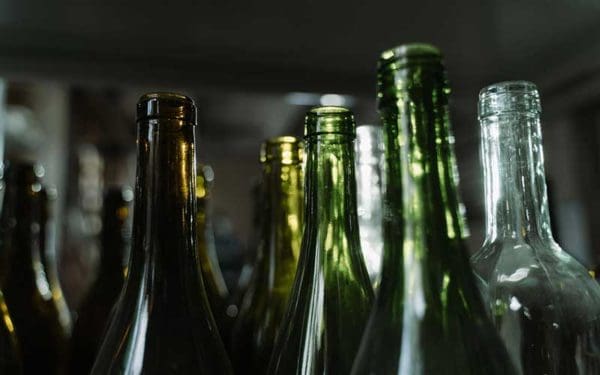What’s the Big Deal About This Global Climate Conference?
An international climate conference in Glasgow just ended. It’s left me feeling frustrated and angry, but I know I can still find hope in local action.
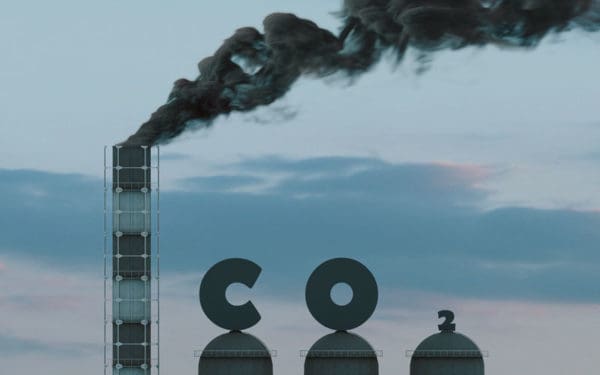
An international climate conference in Glasgow just ended. It’s left me feeling frustrated and angry, but I know I can still find hope in local action.

Our forests, open spaces, farms, and ocean can help us fight the climate crisis if we responsibly manage and conserve them. It’s time for Congress to invest in natural climate solutions now.

The House Oversight Committee recently held a hearing to interrogate Big Oil executives about their companies’ decades of deliberate climate disinformation. A disappointing yet unsurprising outcome tells us it’s time for more climate mandates for real accountability.
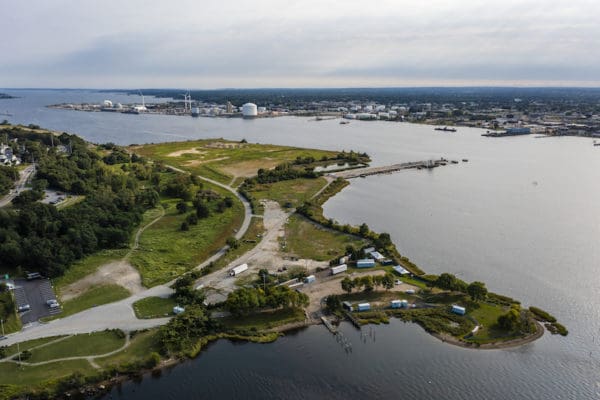
Thousands of hazardous waste sites and chemical facilities across New England are unprepared for the impacts of climate change. The failure of regulators to require such preparation leaves the health of our communities and our environment in jeopardy.
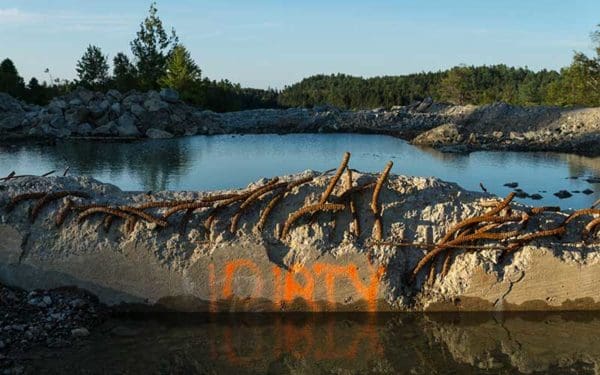
The state’s latest Greenhouse Gas Emissions Inventory shows that we’re already behind on meeting mandatory climate targets. State officials must take charge and steer us towards urgent climate action.
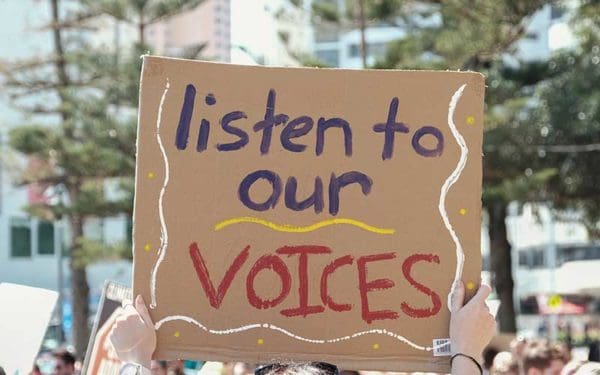
“Companies must be held responsible when they violate environmental laws and threaten public health,” said Heather Govern, Vice President and Director of CLF’s Clean Air and Water program. “This settlement will reduce children’s exposure to toxic exhaust and ensure cleaner air in Connecticut. It’s time we end unlawful idling and transition away from polluting gas-powered buses.”
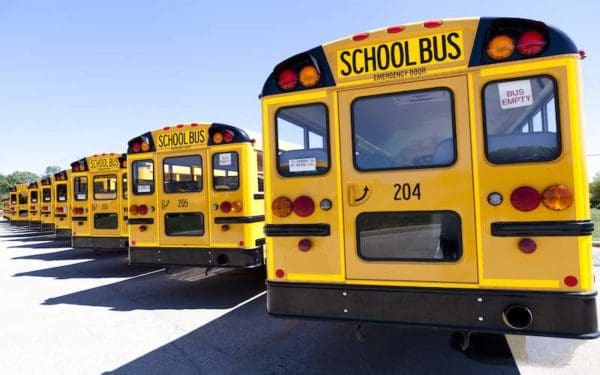
Our communities and neighborhoods deserve to be safe – and we must urgently transition off dirty gas to protect them.
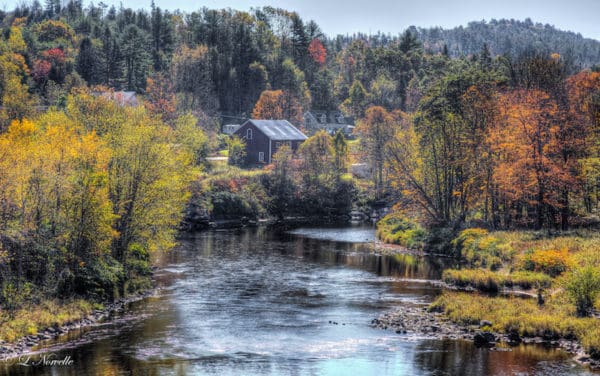
Connecticut, Rhode Island, and Massachusetts are considering bills to implement the Transportation and Climate Initiative – here’s what we’re working for in each.
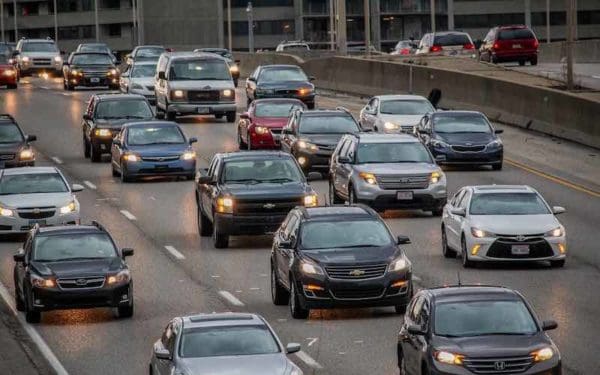
CLF celebrates the fifth anniversary of the designation of the Northeast Canyons and Seamounts Marine National Monument. Now, we’re calling for more of our ocean and land to be permanently protected.
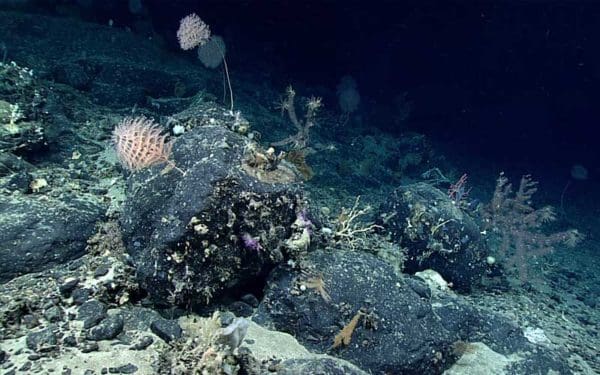
Wrestling humanity away from single-use plastics will not be easy. But we can start by reducing our reliance on single-use plastic beverage containers.
